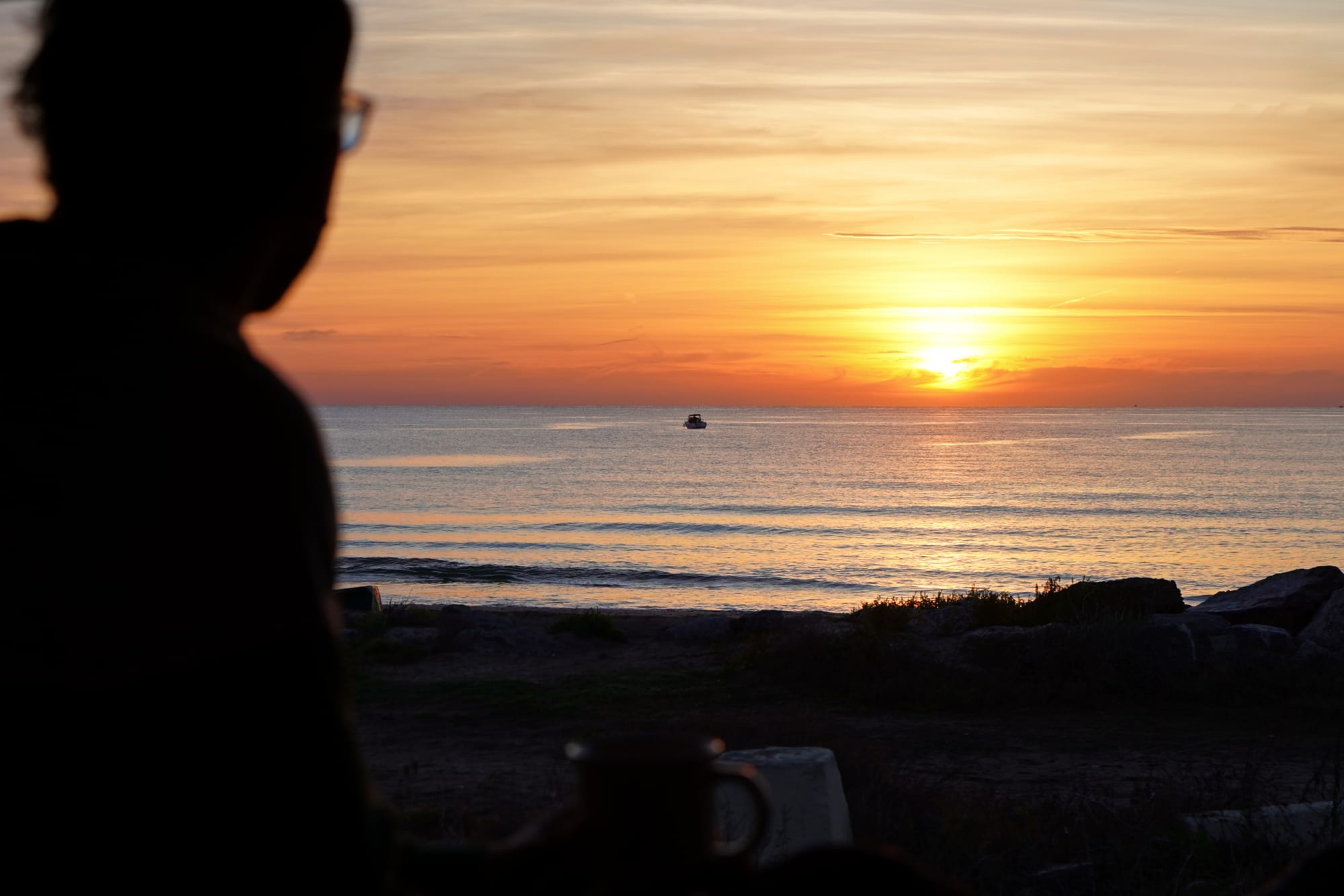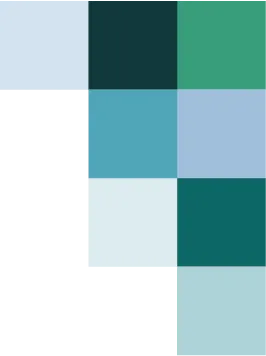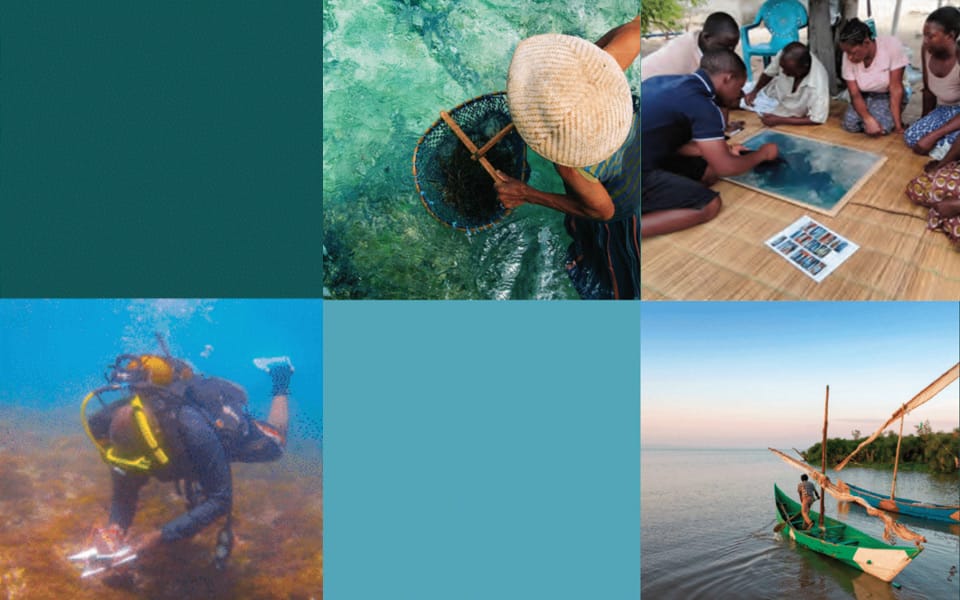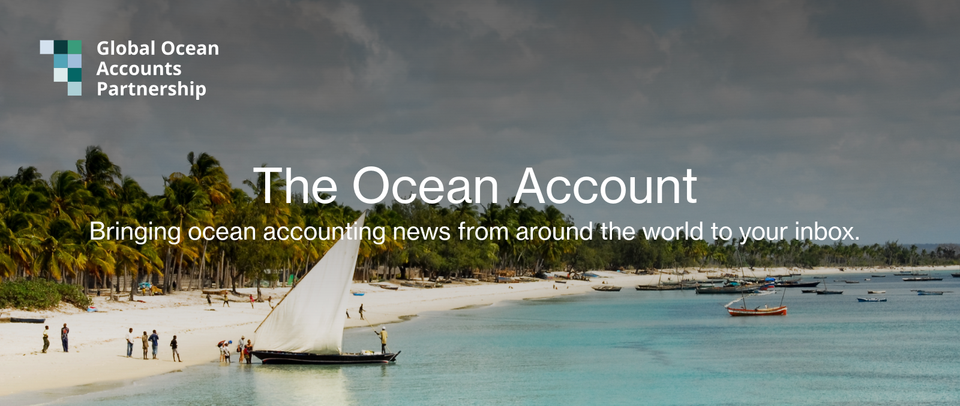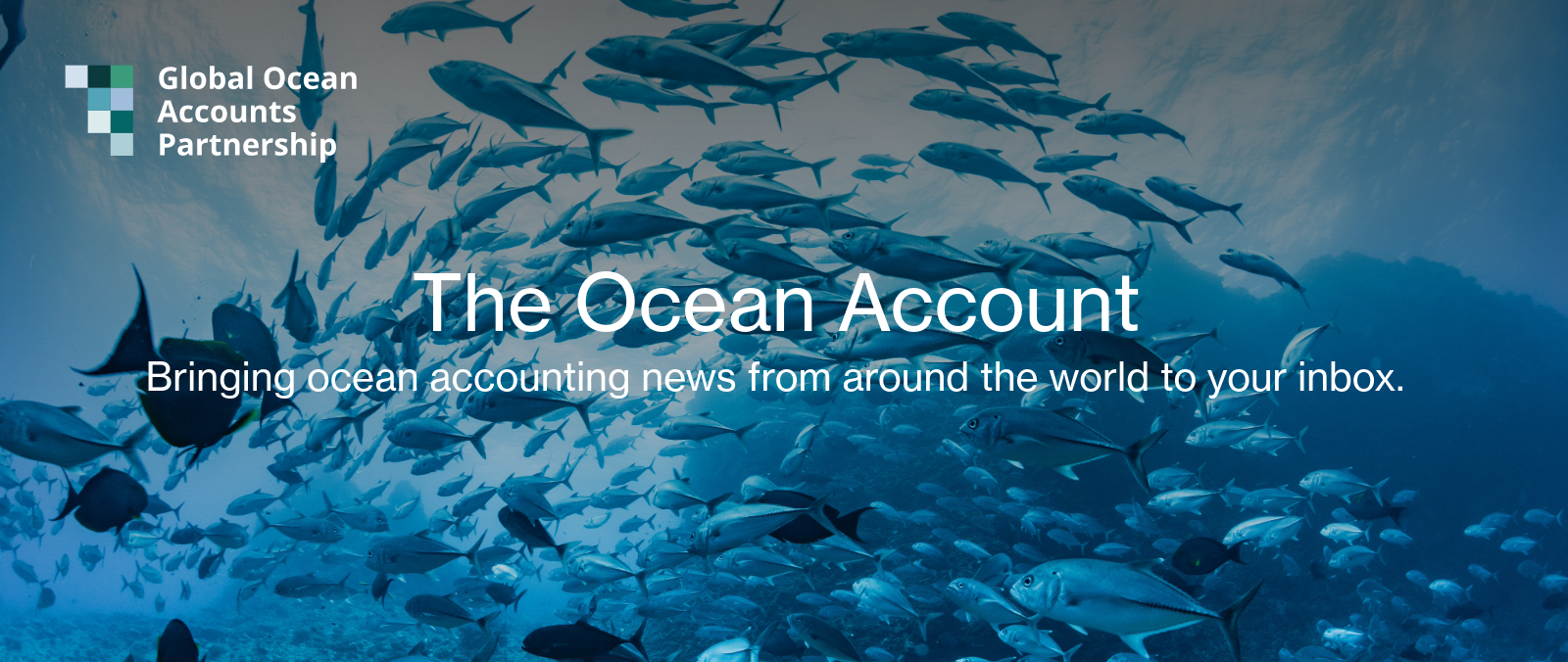The health of the ocean and our future prosperity are intrinsically linked
Authors: Phil James, Eliza Northrop and Ben Milligan
Directors, GOAP Secretariat, UNSW Centre for Sustainable Development Reform
Many millions of people rely on the ocean for their livelihoods, sustenance, culture, and community connection. But ocean resources are being stretched to the breaking point—through impacts like overfishing and plastic waste—while simultaneously facing the twin crises of climate change and biodiversity loss.
The resulting urgency for sustainable ocean development has been recognised in major global frameworks, including the 2030 Agenda for Sustainable Development, Paris Agreement on Climate Change, and targets in the Kunming-Montreal Global Biodiversity Framework (GBF). Now at the halfway point of the UN Ocean Decade, it is time for the decisions and actions that will deliver sustainable development, healthy oceans, thriving ocean communities and a liveable climate.
2025 Global Ocean Accounts Partnership (GOAP) Progress Report
Sustainable ocean management requires seeing the ocean more clearly—hearing from those who depend on it, monitoring changes and evaluating how our management influences it. GOAP’s role is to help make that clarity possible through data, collaboration, and systems that endure.
People and Environment Connected
Ocean accounts are fundamentally about people, the economy and the environment on which they depend. Ocean accounting is not just a method for organising and integrating information, but a way to bring visibility to the connections between human wellbeing, ecosystem health, and economic sustainability. It has been connection and collaboration—across individuals, sectors, regions, and disciplines—that has driven GOAP’s progress from the start.
Global Progress in Action
The new 2025 GOAP Progress Report documents how countries across regions are moving from concept to implementation. From advanced account implementations in Indonesia and Vietnam to pioneering social accounts in Mozambique, and Costa Rica’s world-first integrated ocean accounts, accounts that are transforming marine governance—this is global action.
This progress in embedding ocean values in planning and decision-making is reflected in GOAP’s compelling numbers: 44 member organisations from 23 countries, 36 ocean accounting datasets compiled, and 33 countries undertaking ocean accounting initiatives within GOAP.
See more outcomes
Future solutions
Looking ahead, the pathway forward for GOAP is both ambitious and achievable: a world where ocean accounts are part of how countries govern the ocean—informing policy, enabling investment, strengthening accountability, while supporting a just transition to a sustainable future.
We envision a future where national ocean accounts are not isolated exercises but embedded in the institutions and global frameworks that shape long-term development. Where they inform how ocean spaces are planned, how public finance is prioritised, and how the benefits and costs of ocean use are understood and shared.
By 2030, we aim to see ocean accounting used not only to monitor the state of the ocean, but to shape decisions that balance economic development with environmental sustainability and social equity.
Our vision is for ocean accounts to be at the core of realising a healthy future for ocean, people, and planet.We look forward to continuing to work with countries and institutions worldwide, building on the partnerships and collaborations that have defined GOAP from the outset.
Read the full report to explore detailed country case studies, technical innovations, and the pathway toward embedding ocean values in national decision-making by 2030.
